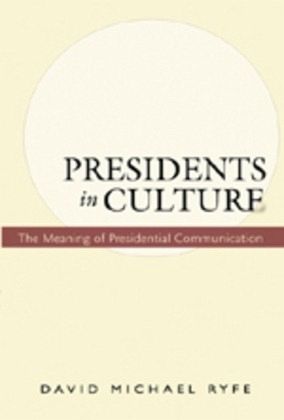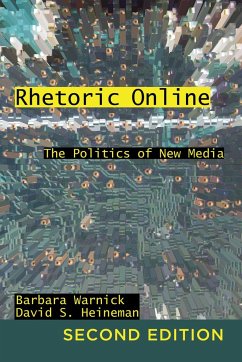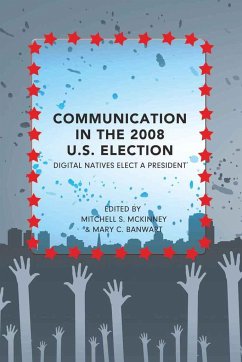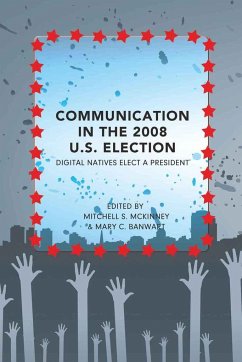
Presidents in Culture
The Meaning of Presidential Communication
Versandkostenfrei!
Versandfertig in 6-10 Tagen
36,55 €
inkl. MwSt.

PAYBACK Punkte
0 °P sammeln!
Whether writing from the perspective of rhetoric or political science, scholars of presidential communication often assume that the ultimate meaning of presidential rhetoric lies in whether it achieves policy success. In this book, David Michael Ryfe argues that although presidential rhetoric has many meanings, one of the most important is how it rhetorically constructs the practice of presidential communication itself. Drawing upon an examination of presidential rhetoric in the twentieth century - from Theodore Roosevelt to Franklin D. Roosevelt, from Ronald Reagan to Bill Clinton - Ryfe surv...
Whether writing from the perspective of rhetoric or political science, scholars of presidential communication often assume that the ultimate meaning of presidential rhetoric lies in whether it achieves policy success. In this book, David Michael Ryfe argues that although presidential rhetoric has many meanings, one of the most important is how it rhetorically constructs the practice of presidential communication itself. Drawing upon an examination of presidential rhetoric in the twentieth century - from Theodore Roosevelt to Franklin D. Roosevelt, from Ronald Reagan to Bill Clinton - Ryfe surveys the shifting meaning of presidential communication. In doing so, he reveals that the so-called public or rhetorical presidency is not one fixed entity, but rather a continuously negotiated discursive construct.












